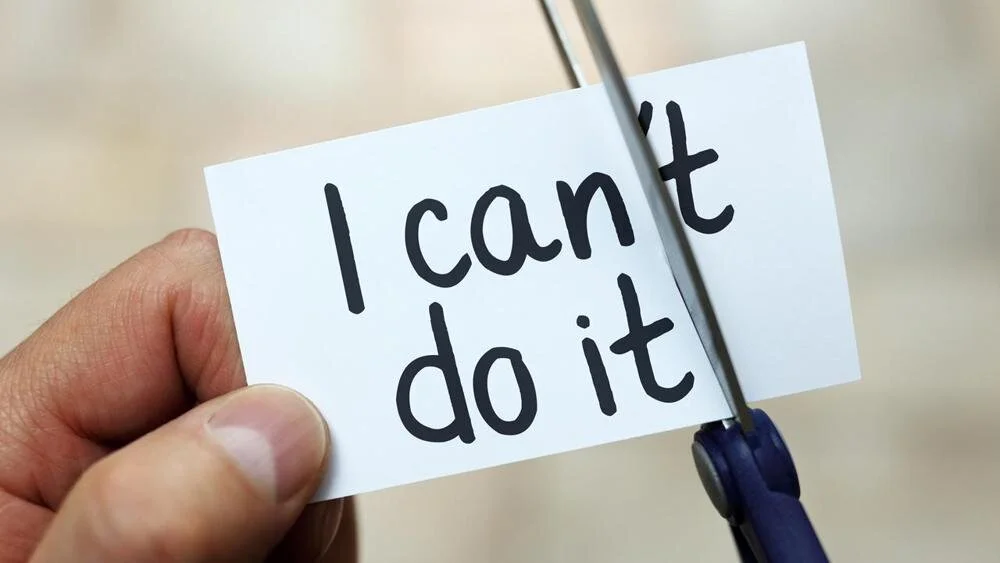New Year, New Intentions
According to U.S. News & World Report, 80 percent of people drop their new resolutions by the second week of February. Whether it’s exercising daily, picking up a new hobby, or traveling more...we often have lots of exciting, well-intentioned ideas for our new year resolutions. So why is the success rate so low?
When creating resolutions we prioritize extreme, short term results with unrealistic expectations. We set goals that are doable for a week rather than sustainable behavioral changes that can become healthy habits that no longer feel like resolutions.
I’m no exception. I’ve certainly fallen victim to the urge to make grand, impressive resolutions in previous years. However, this year I’m taking a more productive approach to my resolutions by setting high-level intentions and supporting goals.
Two of my intentions this year are to be more physically fit and to become a better reader. Intentions are healthy because instead of saying I want to work out every day (which leads to me feeling burnt out by February), I’ve made the goal that by the end of each month I want to have worked out 4 times each week. Instead of saying I want to read a lot of books, I’ve made the goal to consistently read 1 every 2 weeks (or 2 every month). In the past, I’ve simply made vague resolutions like “read faster” or “get stronger” without real strategies behind them, which creates a lack of motivation. Thus far I’m on track with these goals and finding them manageable yet challenging, and I’m confident I’ll actually stick to my resolutions this year.
This method allows me to effectively achieve goals that support my overarching intentions instead of lofty resolutions that often require unrealistic amounts of effort. This will prevent me from feeling disappointed in myself or feeling unproductive by the end of next year.
Don’t get me wrong, new year resolutions are fun! But, I want to get serious about setting intentions and achieving them with small goals throughout the new year. I always blame myself for not completing my resolutions and setting unrealistic expectations, and that changes this year.
A guide to creating healthy, realistic resolutions:
Ask yourself what your overall intentions are for the year and write them down to keep yourself accountable. Under each intention create small goals that will help support you in achieving each one (these can be evaluated monthly to ensure progress). Make them measurable!
Make sure you have a “why” behind every intention. Nothing without purpose behind it is worth allocating your time and effort to.
Give yourself a check mark for each goal you reach, whether that’s weekly or monthly, in an effort to positively reward your own behavior. It will make your drive to complete the next benchmark even higher!
Cheers to a year of intentional growth and attainable goal setting!
2020, get ready.

